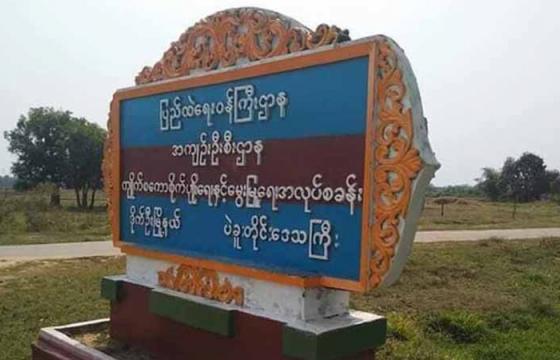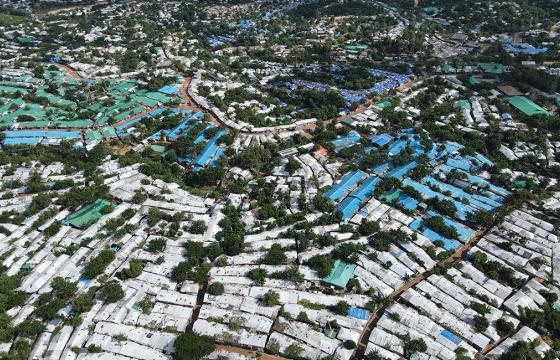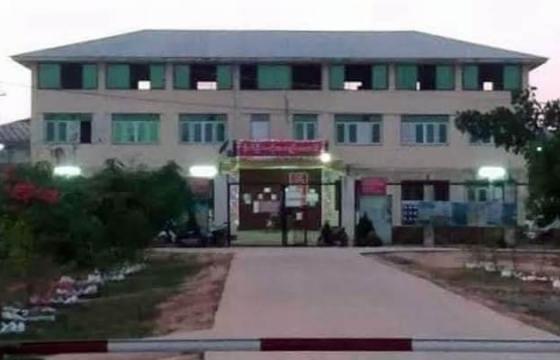Out of 30,000 vaccinations provided in Maungdaw township this month, almost none have been given to Rohingya, according to local sources.
Vaccinations were administered in the Maungdaw General Hospital during the first week of August, but only to those with ID cards, making most Rohingya ineligible.
Less than ten Rohingya received a vaccination, out of the official number of about 74,000 Rohingya, comprising two-thirds of the total Maungdaw population – as listed by the General Administration Department, but believed to be much higher.
Locals say that the Chinese Sinopharm vaccines were mostly given to government staff, including Border Guard Police and their families, who number in the tens of thousands in Maungdaw.
According to the regime’s official figures on August 15, there have been 463 Covid positive cases in Maungdaw township since the start of the third wave in May this year, and 15 deaths.
However, the actual figures are likely much higher, as most Rohingya mistrust government health services, and those with Covid are self-treating at home.
At least 200 of the Covid positive cases in Maungdaw were newly arrived Border Guard Police personnel and their family members, transferred from central Burma.
Under official lockdown regulations, locals are not allowed outside their homes after 3 pm, but since mid-July, four new bamboo check-posts have been set up around the town by Rakhine youth, who have imposed a new lockdown deadline of midday, and are using this to harass local Rohingya.
The check-posts have been set up near the Clock Tower, near the Kamal Cheroot Factory junction, near the Sasana Beikman monastery, and near the Kyaw Boarding building (close to Shwezar Bridge).
The youth “guards”, numbering six to ten at each checkpoint, verbally abuse and sometimes physically attack Rohingya found out on the road after midday. Some have been beaten with fists, their money looted and bicycles broken.
Two Rohingya men have been seriously injured for beaten, including a vegetable vendor returning home from the market near the Shwezar Bridge.
The youth also patrol the Maungdaw municipal market after midday. If they find any Rohingya shops open, they harass the owners, and sometimes seize goods without paying for them.
Locals say it is well-known that the youth, who are not in uniform but have short military-style haircuts, are in fact Arakan Army personnel.
Similar checkpoints were set up in Buthidaung last month and the Rakhine youth guards went around the town in red headbands harassing Rohingya shopkeepers, but after complaints from local Rohingya elders, the Burma Army brought in five trucks of troops and shut the checkpoints down.
Since last week, the Burma Army has deployed more troops and armoured vehicles overland from Buthidaung and the coastal area of Angumaw to Maungdaw.
Eight new tanks have been seen at the BGP base at Three-Mile village, east of Maungdaw town. This is fuelling fears among local Rohingya of new clearance operations by the regime.







